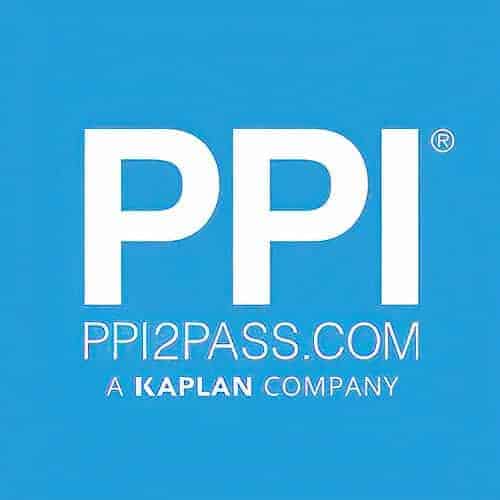In this episode, I talk with Amanda Retta, P.E., Civil Engineer IV at Tetra Tech, about the crucial role of effective communication in successful civil engineering projects, and how you can communicate effectively with all project stakeholders, both internal and external.
***The video version of this episode can be viewed here.***
Engineering Quotes:
Here Are Some of the Questions I Ask Amanda:
- How has effective communication on civil projects impacted your projects and personal experience?
- As an engineer working on projects, what are some key considerations you need to be aware of?
- Can you share an example from one of your projects where asking the right questions positively influenced the project’s outcome?
- Would you prefer to have one focused meeting each week to discuss multiple topics, or receive numerous individual messages throughout the week?
- How do you handle assumptions in communication to avoid misunderstandings and ensure clarity in your conversations?
- How do you adjust your communication to engage effectively with different personalities in your team or with internal and external contacts?
- Have you encountered different communication types or styles in your work, and how do you navigate them to keep your projects on track?
- How important is it to follow up and follow through on your projects?
- Do you have any last advice or key takeaways from your experience as a project manager for those just starting in the field?
Here Are Some Key Points Discussed in This Episode About the Role of Communication in Successful Civil Engineering Projects:
- Good communication is essential for project managers overseeing diverse engineering teams in multiple locations like Michigan, Delaware, Kentucky, and Florida. Using tools like Microsoft Teams helps keep everyone informed about project updates and design changes. The project manager’s main task is to gather and share information efficiently among these teams.
- Good project communication means encouraging technical workers to ask questions instead of assuming things, which can cause problems. Managers should prioritize sharing important information promptly to prevent delays and ensure project teams have accurate details for their tasks. Proactive communication practices are key to keeping projects on track and avoiding misunderstandings.
- Regular project check-ins and peer reviews are essential to avoid tunnel vision and oversight, especially for young engineers focused on specific projects. Consistent workflows and routine design meetings streamline communication, reducing the risk of missed details or unnecessary rework. With these regular check-ins, better information sharing, and project alignment are promoted, ultimately improving project efficiency and quality.
- In engineering, assumptions can be tricky, especially for less experienced engineers. While some based on available information are necessary, incorrect ones can lead to setbacks. Mentoring younger engineers involves balancing their initiative with providing guidance based on experience. Managers must be patient and repeat key principles, recognizing what’s simple for them may be challenging for others. Learning to make informed assumptions comes with experience in engineering.
- Adapting communication to different generations is crucial for career success. Understanding preferences for directness or emotiveness helps build effective relationships. Being flexible and adjusting your approach promotes rapport and professional growth, mastering phone calls, email etiquette, and tailored messaging for collaboration.
- In project management, understanding and communicating effectively with detail-oriented, data-driven team members is crucial. The project manager’s role involves aligning their analytical perspectives with broader project goals and translating technical information into accessible insights for clients who rely on the team’s expertise.
- Regular follow-up is crucial in project management to avoid oversights. Review past emails and tasks to identify outstanding questions or incomplete items. Use a dedicated follow-up list and calendar reminders to stay on top of pending information from clients or team members. Prompt follow-up builds trust and strong relationships, supporting repeat business and a positive reputation.
- Clear communication between clients and project outcomes is essential for project managers. Promptly following through on client requests ensures that all necessary information is integrated into the design process, aligning client expectations with project deliverables effectively.
- Project managers should remember that challenges and mistakes are manageable. While issues may cause stress, maintaining perspective is crucial. Problems can be addressed and resolved, leading to growth and improvement in the process.
More Details in This Episode…
About Amanda Retta, P.E.

Books Mentioned in This Episode:
Sources/References:
Tetra Tech
Microsoft Teams
Harrison Assessments
Connect with Amanda Retta, P.E., on LinkedIn
This Episode Is Brought to You by PPI

We would love to hear any questions you might have or stories you can share about the important role of communication in successful civil engineering projects.
Please leave your comments, feedback, or questions in the section below.














